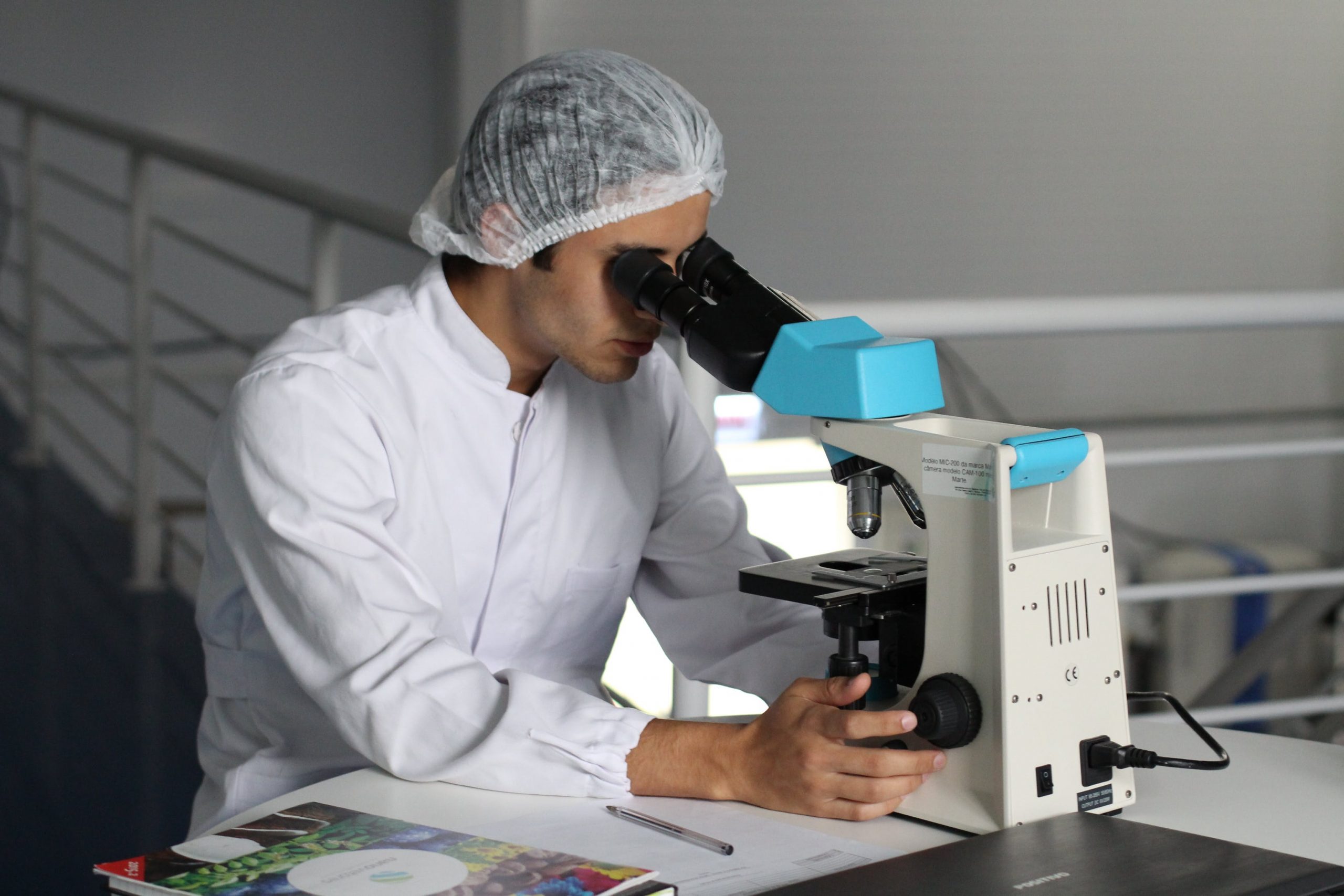
Data Science is everywhere and is soon going to have a lot many things under it. It is in the hands of the Data Scientists to make use of the data in innovative ways and provide insights for the huge collection of data collected and held. With the use of electronic medical records (EMRs), clinical trials, genetic information, billing, wearable data, care management databases, scientific articles, social media, and internet research, the world of healthcare holds a lot of data. Other than these, “Quantified health” has been introduced recently, and a lot of other options are developing. Data science has been revolutionized in all areas and is expected to continue in the long run.
Drug Discovery
It costs a lot to bring a new drug to the market. On the other hand, the use of big data helps scientists to do a proper simulation of the drugs as per the contents and conditions, such that it would be easily accepted by the Food and Drug Administration (FDA) and help in curing diseases. Companies are investing in the use of clinical data and collaboration with biobanks to get the best drug to the market for curing diseases. Even startups are getting involved in such actions to accelerate their growth in the industry.
Also Read: Understanding The Basics Of Extended Reality
Disease Prevention
It’s well said and known that “Prevention is better than cure”. The same implies to the healthcare industry where it is more important to be aware of the potential risks and put forward a preventive method before the risk turns into a massacre. This particular approach is being implemented and is being achieved through wearables and tracking devices that take involve historical patterns and genetic information. Organizations are already using smart devices to keep track of behaviors and to provide coaching to help cure diseases like diabetes, hypertension, and high cholesterol. Also, GPS trackers are being used for various reasons. Taking into consideration the mental health side, the data of children suffering from mental illness are being tracked to keep the parents updated about their conditions.
Diagnosis
It is nowhere hidden that misdiagnosis has had many life-threatening repercussions. Diagnostic errors cause a lot of deaths annually. Data science is being widely used in healthcare for medical imaging, which implements, machines learning the interpretation of reports such as MRIs, X-rays, mammographies, and other types of images identify patterns in the data and tell possible tumors, artery stenosis, organ anomalies, etc.
Treatment
As the collection of data increases per patient, the records help track various vulnerabilities and strengths as well, which help a lot deliver precise prescriptions and personalized care. Data science is highly being used in gene therapy. This is being achieved by inserting genetic material into cells by eliminating the use of traditional drugs to compensate for abnormal genes.
Post-Care Monitoring
There is always a risk involved after any kind of treatment. It might involve complications and recurring pain, which can be difficult to attain once the patient is out of the hospital. The technology has made it easier by introducing remote in-home monitoring that allows doctors to stay in touch with patients in real-time while releasing limited and expensive hospital resources.
Also Read: Understanding The Basics Of DARQ Technology
Hospital Operations
Hospitals run at a risk of cost and even with that a lot of complex operational problems like deploying the staff, managing beds, and other things such as improving the efficiency of the hospital. Predictive analytics will help optimize all works such as scheduling of staff, patients’ beddings, their discharge conditions, and also help manage the sanitization of hospital beds and rooms. The data Analytics software can also efficiently manage emergency room operations to ensure that every admitted patient is taken care of in the most efficient order of operations. Even intelligence can be used for billing, identifying patients’ orders of payments or difficulties in terms of finance, and help coordinate with various agencies or insurance departments.
As in any industry, they are solutions to issues and complications, health care also is not different. A data-driven healthcare industry with more participation will help a lot of progressions. Large biotech and pharmaceutical companies, payers and providers, hospitals, university research centers, and venture-backed startups, if all of them come together to understand the concept of data-driven industry and the advantages over traditional methods will save a lot in terms of life, time and money.
From a logical viewpoint, it might be difficult to integrate everything from every place in one corner but eventually, things can be achieved. The downside might be people not being progressive enough to share their data and have privacy concerns. Data science will for sure help manage the shortage of doctors in remote areas, however, it is the people who need to believe in the computer algorithms and machines for their important doctor-patient relationship.


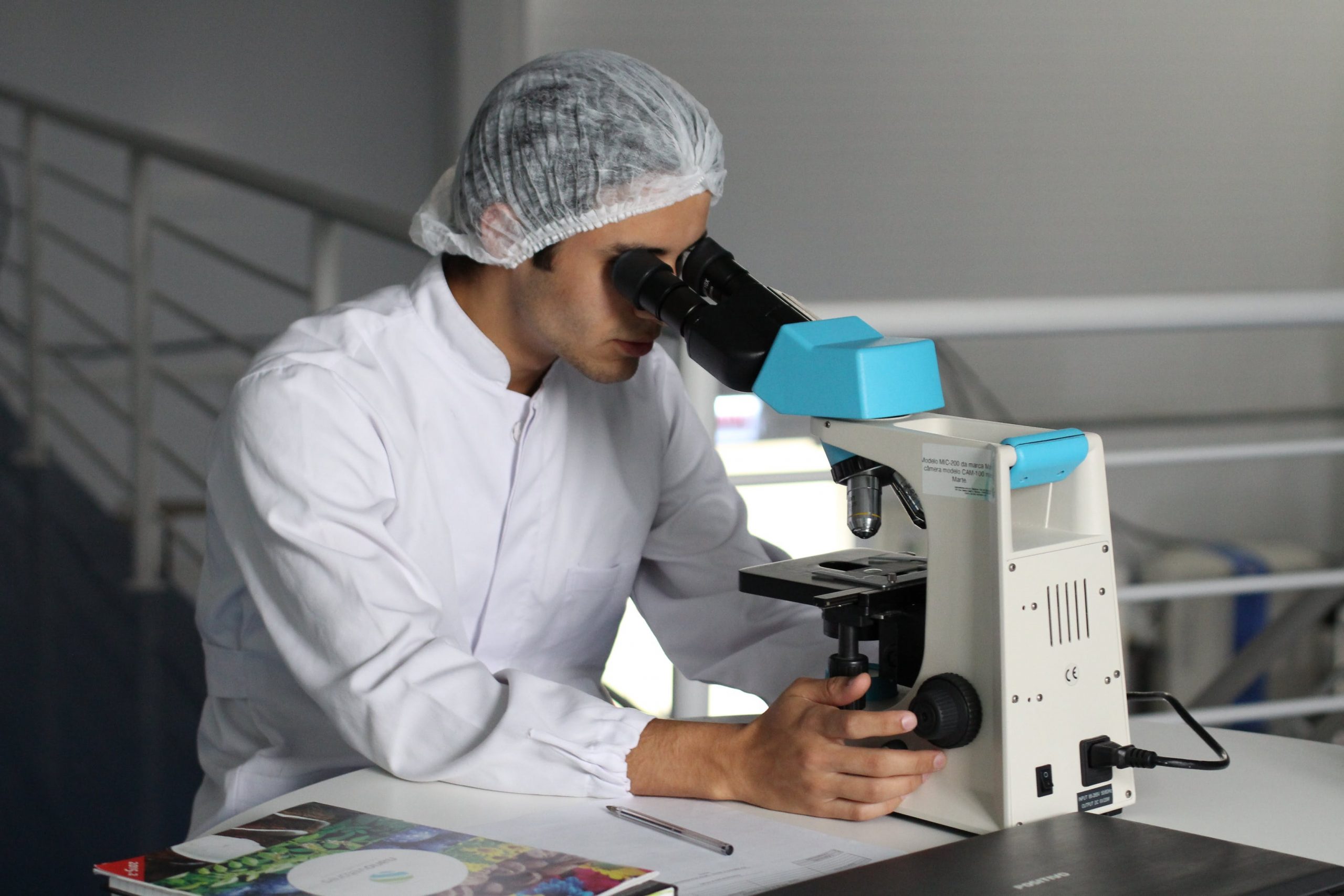
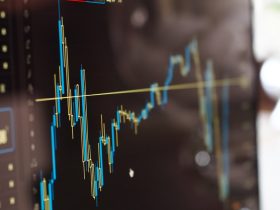
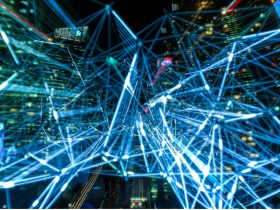

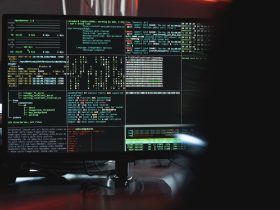
Leave a Reply